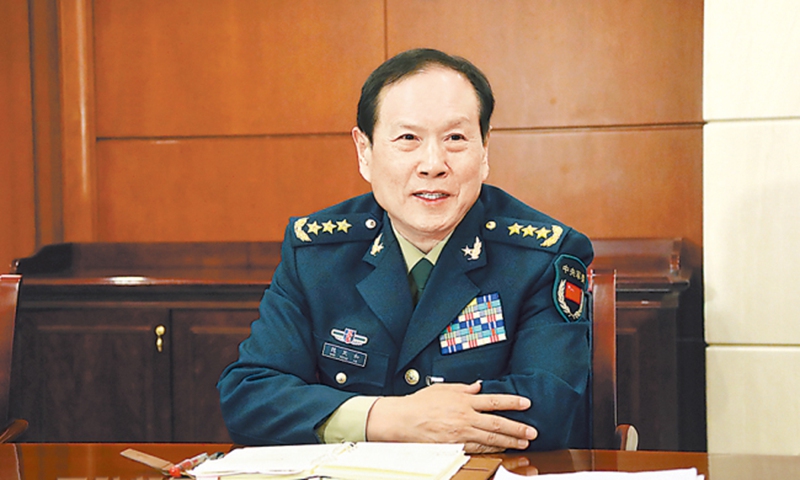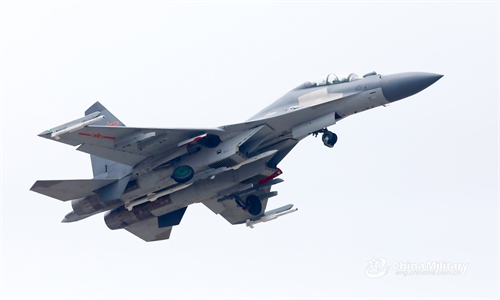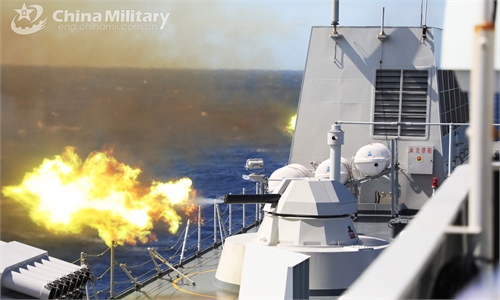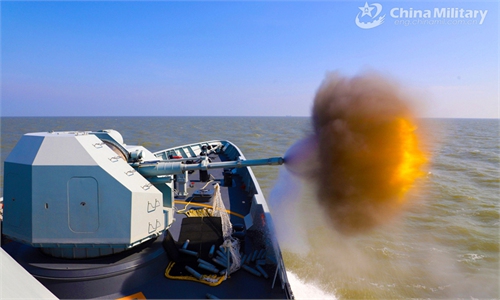Chinese Defense Minister visits Europe to boost military ties, ‘future joint military drills, exchanges likely’

Wei Fenghe Photo: mod.gov.cn
Chinese State Councilor and Defense Minister Wei Fenghe is currently on a visit to four European countries to boost cooperation with their militaries, at a time when some other European countries are sending warships to the South China Sea.
Since foreign analysts will likely connect the two events, Chinese experts said on Thursday that China has a high level of potential regarding military cooperation with European countries, but it will also respond to provocative moves from others.
Wei is on a visit to Hungary, Serbia, Greece and North Macedonia from Wednesday to March 31 on the invitation of the four countries' defense ministers, Senior Colonel Ren Guoqiang, a spokesperson at China's Ministry of National Defense, revealed at a routine press conference on Thursday.
The visit will boost China's traditional friendship and pragmatic cooperation with these countries' defense authorities and militaries, pushing for the healthy and stable development of military-to-military relations, Ren said.
Media reported that some NATO members recently deployed or announced plans to deploy warships to the South China Sea for so-called Freedom of Navigation operations. This includes France, Germany and the UK.
Foreign analysts will tend to relate Wei's visit to these NATO members' South China Sea schemes, Chinese observers said.
Wei's visit to the four countries is based on China's good bilateral relations with them, and military exchanges have always been ongoing, Cui Hongjian, director of the Department of European Studies at the China Institute of International Studies, told the Global Times on Thursday.
There is a high level of potential regarding military cooperation with European countries in both traditional and non-traditional security fields, like the consolidation of disarmament, nuclear nonproliferation, advanced military technologies like drones and AI, and cybersecurity, Cui said, noting that in the future there could be joint military exercises and exchange visits.
The cooperation on the fight against the COVID-19 pandemic could also be featured, analysts said.
Some NATO members are attempting to play certain security roles in the so-called "Indo-Pacific" region. China can respond by getting involved in security affairs around Europe and allow NATO to understand more about China as a global security actor, Cui said.
Some of Wei's destinations are also NATO member countries, and NATO is not of one mind on China, with many looking for cooperation instead of confrontation, analysts said.
China needs to boost military exchanges and security cooperation with European countries, Cui said, noting that the Chinese Navy could also send warships to conduct missions and visit friendly countries there.
"If they can come to the South China Sea, we can also go to the Mediterranean," Cui said.




